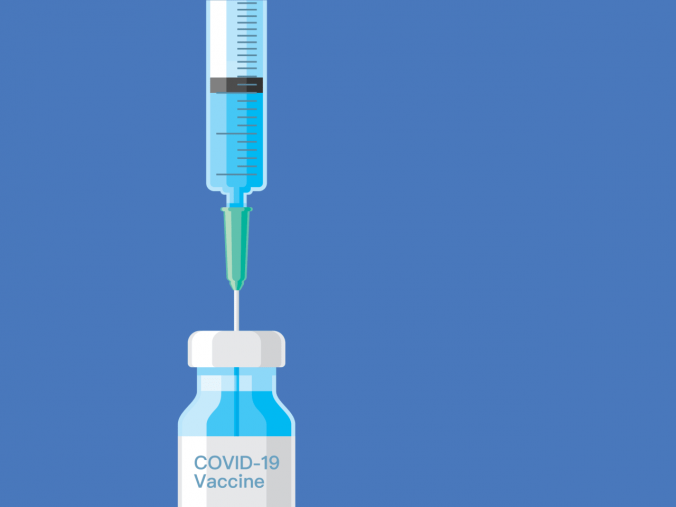Australia’s health system arrangements are a mixture of both public and private funding. This creates blurred lines as to jurisdictional responsibilities and the regulatory regimes is highly complex. The primary care is provided, in most cases, by the general practitioners. General practitioners are typically self-employed. Medicare, which is the national public health insurance scheme, provides free or subsidised benefits for most of medical diagnostic health services. Acute care is provided by either private or public hospitals. While public hospital care may subject a patient to long waiting times, this is free care. On the other hand, if a patient would like to choose a particular doctor and have private accommodation in hospital, then private cover is required.
1.Public Health Care
The responsibility of the Public Health Care System is shared between the Commonwealth Government and the government of states and territories. However, it is not always clear as to which government is responsible for which role.
The Commonwealth Government is responsible for several areas of the Australian health system. The following is a list of matters falling within the Commonwealth Government’s jurisdiction.
a) Medicare which is funded through the Medicare levy and general tax revenue.
b) Pharmaceutical Benefits Scheme subsidises which provide access to thousands of prescription medicines.
c) Vaccines for the national immunisation program are purchased by the Commonwealth Government.
d) Aged Care Service subsidies including residential care.
e) Medical Research Grants.
f) Private health insurance premium rebates and the regulation of the private health insurance sector.
g) Dental benefits which are capped and only apply for basic dental services for both children and teens.
h) Veterans’ health care.
i) Aboriginal and Torres Strait Islander’s funding for primary healthcare.
j) Education of health professionals.
k) Therapeutic goods administration and the regulation of such goods and medical devices.
l) After hours GP and primary care services.
m) Hearing device subsidies.
n) National coordination and leadership in emergency or pandemic situations.
The states and territories are also responsible for other critical areas of the Australian health system. These includes:
a) Public Hospital’s management and administration.
b) Delivery of Preventative Services.
c) Mental Health Service funding and management.
d) Public Dental Clinics.
e) Emergency Services and Ambulance.
f) Food safety and handling regulations.
g) Licensing, inspection, monitoring and the regulation of health premises.
The Commonwealth and the states and territories also share responsibility in certain areas, including:
a) Funding of services in public hospitals and palliative care.
b) Preventative Services.
c) Accreditation and registration of health professionals in Australia.
d) Reforms regarding national mental health.
e) National health emergencies.
2. Private Health Insurance
According to the Private Health Insurance Administration Council, in Australia, approximately half of the population has private hospital cover and more than half of the population has cover for ancillary services. Private health insurers must follow regulatory and prudential standards. The primary legislation is the Private Health Insurance Act 2007, the Private Health Insurance Act 2015 and related rules and regulations. The Private Health Insurance Ombudsman handles consumer complaints. The government has introduced a number of incentives and penalties in relation to private health insurance.
a) Lifetime Health Cover introduced in July 2000, is an accrued 2 per cent annual loading, on the premiums for Australian residents over the age of 31 who did not take out health insurance by the July following their 31st birthday. The loading cannot exceed 70 per cent.
b) Private Health Insurance Rebate was introduced as an assistance to make private health insurance premiums more affordable to the general public. This is an income-tested rebate on the cost of the premiums.
c) Medicare Levy Surcharge was introduced as an incentive to higher earners. It is a penalty that a high-income earner would have to pay should that person not take out private health insurance.
3. Contact Allied Legal
The content of this article is an overview of the Australian health system. Allied Legal’s lawyers in Melbourne can help you with these and other issues. We provide free 30-minute initial consultations to help understand your needs. Please contact us when you are ready to seek specialist advice: http://alliedlegal.com.au/contact/.






